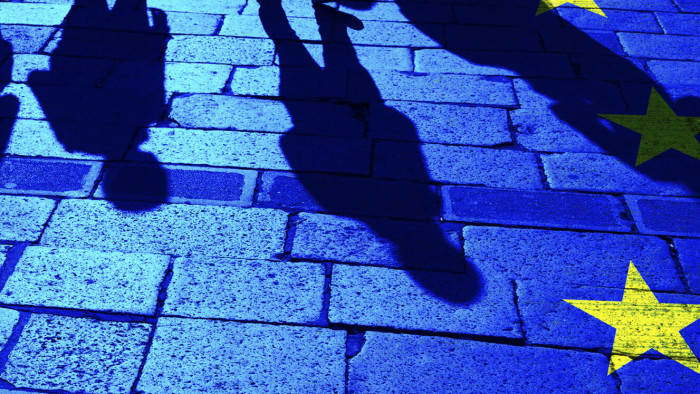
A fundamental element of the right to a fair trial is that every person should be presumed innocent until proved guilty following a fair trial. In the EU, the Directive on the Presumption of Innocence clearly states that the burden of proof for establishing guilt is on the prosecution. The directive also prohibits public authorities and courts from making any public references to guilt before the final verdict. But how well are these rules respected in practice? One example comes from Bulgaria, where our LEAP member Asya O. Mandzhukova-Stoyanova works as a criminal lawyer and told us about the situation.
Bulgaria has been sanctioned several times by the European Court of Human Rights for violations of the presumption of innocence by official authorities. The role of media is also very problematic, and has been used for political purposes to target certain people. Prosecutors often collaborate closely with the media, organising press conferences and by publicising arrests whenever possible. In some cases, suspects have been left outside of the courtroom or lying handcuffed on the street to be photographed by media. There has been even a case where a person was arrested twice in order to make a video recording.
The use of prosecutions in this way can affect the popularity of the political party and their representatives. This may have an impact on the democratic process as well as in election results. The problem isn’t limited to individual cases but is more of a systematic one the former Minister of the Interior Tsvetan Tsvetanov has violated the presumption of innocence in several cases and also judges, prosecutors and other politicians.
Convictions and criminal proceedings have serious consequences and a massive human impact on defendants thats why the notion of presumption of innocence is so important. Too often, lives and careers are ruined even after acquittals. The public often loses interest in cases before their outcome and the accused can remain guilty in their eyes. If that isn’t argument enough for respect for the presumption of innocence, then the financial costs are also a factor. The violations in Bulgaria have led to compensation for the acquitted following rulings from the European Court of Human Rights.
Bulgaria faces similar challenges as Poland and Hungary with the freedom of speech and democracy, lack of constitutional division of powers, and the independence of media and judicial authorities. Concerns have been raised about the politically motivated decisions of the Supreme Judicial Council. Furthermore, Bulgarian judges are discouraged to refer to the CJEU by harassment and media shaming, and when it concerns pre-trial detention, in many cases of high public interest judges take the words of the prosecution at face value. The prosecution, however, has not been reformed since communist times and there are no checks and balances.
Bulgaria is an example of how EU law will only have an impact in practice if it is implemented effectively. This requires technical support from the EU to its Member States, enforcement of the rights and effective remedies when the rights are violated, further clarity through preliminary rulings and effective follow-up activities and in-depth evaluations. At Fair Trials, we and our LEAP Network continue to work in order to make sure that the procedural rights directives will be implemented with adequate safeguards in place.


